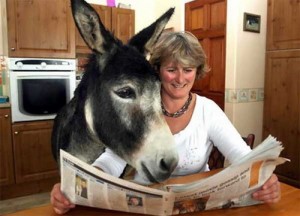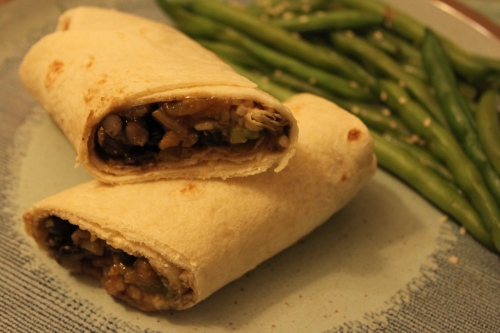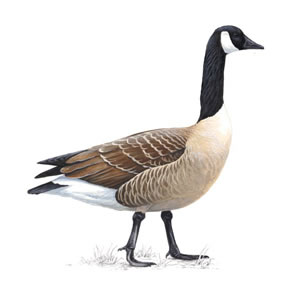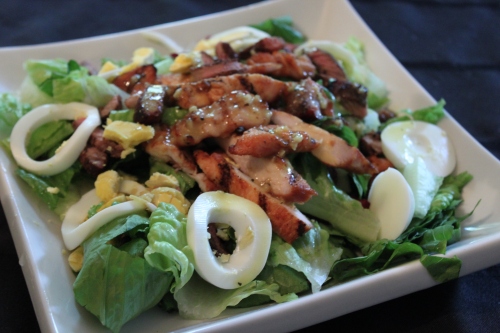This week’s Parsha recounts an unusual interaction between a non-Israelite prophet and his donkey.
Balak, the Moabite king summons the prophet Balaam to curse the Jewish people after he’s seen what they’re done to the Amorites. Balaam saddles his she-donkey and travels with the Moabite officers. Rashi explains that Balaam was a conceited and hateful man who did not wish any good on the Jewish people. God is angered by Balaam’s evil mission so He sends a sword-wielding angel three time to obstruct their path. The angel is only visible to the donkey and every time she sees him she refuses to continue. After Balaam beats the helpless donkey all three times the donkey speaks to Balaam:
Bamidbar 22:28-30 The Lord opened the mouth of the she-donkey, and she said to Balaam, “What have I done to you that you have struck me these three times?…Am I not your she-donkey on which you have ridden since you first started until now?”
God finally reveals the angel to Balaam. The angel asks Balaam why he beat his donkey. He tells Balaam that he was sent to thwart their path.
The idea of a donkey as a vehicle of prophecy is truly baffling. It is a completely treif (non-kosher) animal, bearing both signs of ritual impurity. (non-ruminant and no split hooves) The Maharal of Prague wrote that the Hebrew word for donkey “Chamor” is related to “Chomer” – material. To him the donkey symbolized physicality over spirituality.
And yet…
The Mitzvah to redeem the first-born male applies to kosher animals and…the donkey! (Exodus 13:13) Rav Kook discusses the  significance of the donkey. First, donkeys transported silver and gold from Egypt. According to Chazal, just as the Israelites were indistinguishable from idol-worshippers…on the outside…the donkey’s true significance lies beneath its physical characteristics. Second, Moshiach is described in Zechariah (9:9) as arriving as a “pauper riding on a donkey.”
significance of the donkey. First, donkeys transported silver and gold from Egypt. According to Chazal, just as the Israelites were indistinguishable from idol-worshippers…on the outside…the donkey’s true significance lies beneath its physical characteristics. Second, Moshiach is described in Zechariah (9:9) as arriving as a “pauper riding on a donkey.”
This prophecy contradicts another one in Daniel where the Messianic king arrives “with the clouds of the heaven” (7:13). So what is it? Heavenly clouds or the lowly donkey? The answer lies in the level of spiritual merit of the Jewish people. A high spiritual level brings a miraculous redemption. But an ‘undeserved’ redemption in the final hour will come through natural means.
According to Rav Kook:
The Messiah’s donkey represents the period of Ikveta deMashicha, the generation when the ‘footsteps’ (ikvot) of redemption are first heard. The Talmud (Sotah 49b) describes this era as one of terrible spiritual decline, replete with brazenness and immorality, falsehood and corrupt government. But the Zoharteaches that, despites its external faults, the generation will be “good on the inside.” This inner goodness is reflected in the special souls of the pre-messianic era; despite the heavy darkness clouding their behavior and beliefs, they are blessed with an innate segulahholiness, as expressed by their great love for the Jewish people and the land of Israel.
Rav Yosef said, “Let the Messiah come, and may I merit to sit in the shadow of his donkey’s dung” (Sanhedrin 98b) Even the darkest period of Jewish history will contain the spiritual seeds of light and even the most coarse of matter is a vehicle for redemption.
On a personal note, I have to say that donkeys are awesome. They are gentle and affectionate and have fabulous ears.
Did you know that you can get a miniature donkey for as little as $500? They are friendly and lovable – and adore attention. Plus, (and this is simply fantastic – especially if like me – you love getting good value for your dollar) you can get a full membership in the Donkey and Mule Society for only $27 a year.
The First Mainland Donkey and Mule Club has a page of yummy treats. Given the ingredients (oats, carrots) I have no idea if these recipes are meant for human or donkey consumption. If anyone out there wants to give it a try, let me know what you think.
To my Significant Other, I say this: You have always resisted pets. If I can’t get a dog, at the very least can I get a donkey?
Anyhow, the Spanish word for donkey is ‘burro.’
A burrito is a ‘little donkey.’
This week’s recipe is vegetarian burritos.

Burrito: Spanish for ‘little donkey.’
Numbers 22:23: The she-donkey saw the angel of the Lord stationed on the road with his sword drawn in his hand; so the she-donkey turned aside from the road and went into a field.
(Adapted from my dear friend Sarah Zinman’s recipe. Thanks Sarah! This recipe looks deceptively simple but the taste is delicious.)
Sarah’s Vegetarian Black Bean Burritos
- 1 onion, chopped
- 6 cloves garlic, chopped
- 2 tablespoons oil
- 6 – 10 stalks of celery (more or less, depending on your taste)
- 1 can black beans, drained
- soy sauce (to taste)
- 2 cups grated cheese
- avocado
- flour wraps
Directions:
- Saute onions and garlic until translucent. Add celery and continue frying until the celery is soft. Pour in black beans. Add soy sauce, to taste.
- Lay out wrap/tortilla and place a few tablespoons of black bean mixture at the bottom. Sprinkle on a few handfuls of cheese and some avocado.
- Roll up, tucking in ends.
- Bake at 350 degrees for 15 minutes.
B’Tayavon and have a great Shabbos!









